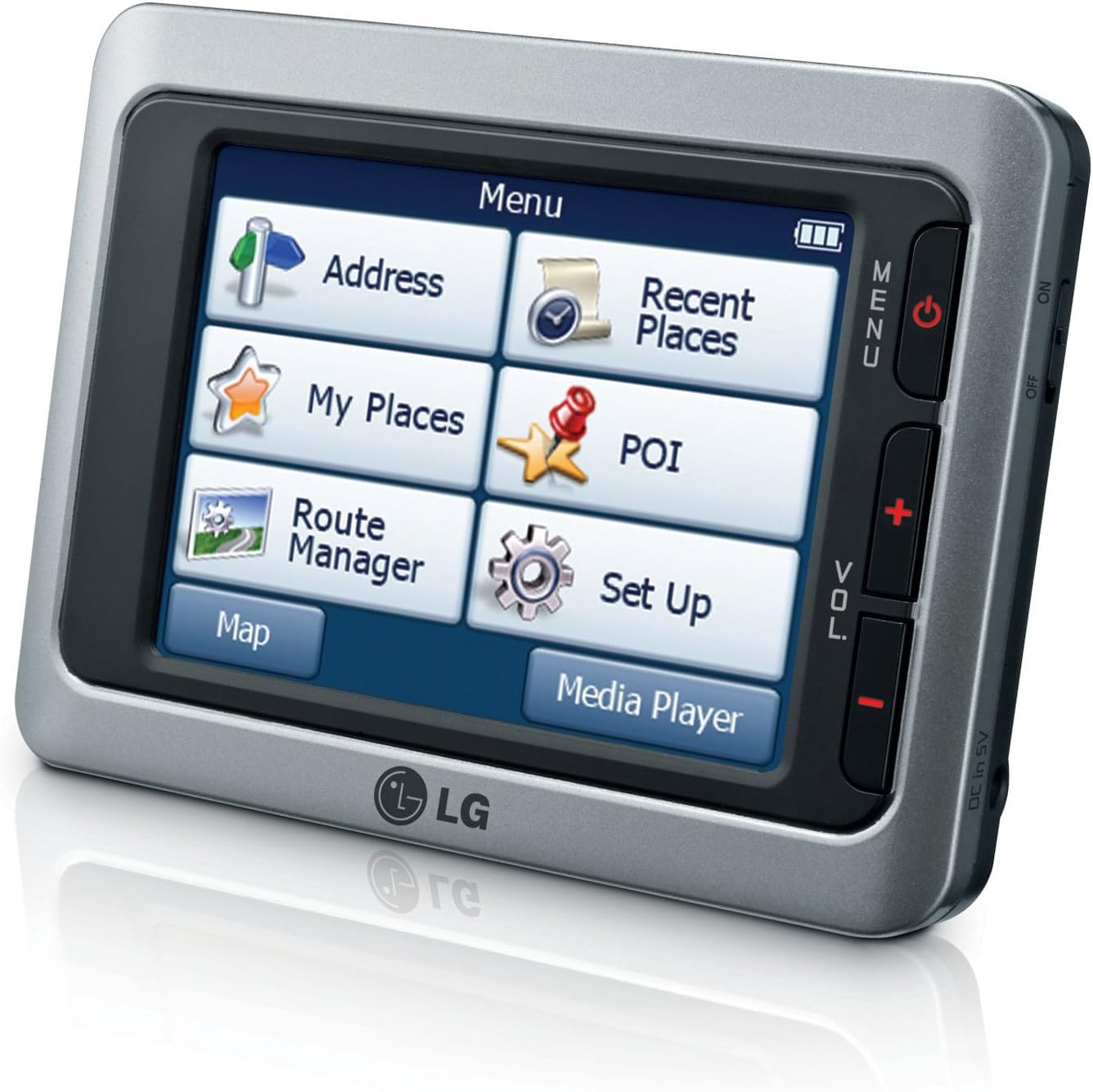The thrill of off-roading – the rumble of the engine, the crunch of tires on gravel, the breathtaking vistas unfolding before you – is unmatched. But venturing beyond the paved path requires more than just a capable vehicle; it demands meticulous planning and reliable navigation. This is where a robust GPS navigator steps in, transforming your adventure from a risky gamble into a well-orchestrated expedition.
Why a Dedicated GPS is Crucial for Off-Roading

Unlike relying on your smartphone’s GPS, a dedicated off-road GPS navigator offers several crucial advantages. Smartphone GPS signals can be weak or unreliable in remote areas, hindered by dense foliage, deep canyons, or simply a lack of cell service. A dedicated device often boasts a more powerful antenna and enhanced sensitivity, ensuring a consistent signal even in challenging environments. Furthermore, many off-road GPS units are built ruggedly to withstand the bumps, jolts, and dust inherent to off-road travel. They often feature brighter screens, making them easier to read in direct sunlight, and are designed with intuitive interfaces for easy operation, even while wearing gloves.
Choosing the Right GPS Navigator for Your Needs

The market offers a wide range of GPS navigators specifically designed for off-roading. When making your selection, consider these key features:
Screen Size and Resolution:
A larger screen with high resolution is invaluable for easily viewing maps and navigating complex trails. Look for a display that’s bright enough to be easily visible in harsh sunlight.
Mapping Capabilities:
This is arguably the most important factor. Ensure the GPS device includes detailed topographic maps of the areas you plan to explore. Some units even offer downloadable map updates, ensuring your navigation data remains current and accurate.
Preloaded Trails and Points of Interest (POIs):
Many off-road GPS units come preloaded with popular trails and points of interest like campsites, scenic overlooks, and fuel stations. This can significantly simplify route planning and discovery.
Durability and Water Resistance:
Off-roading exposes your equipment to harsh conditions. Look for a device with a rugged build, shock resistance, and ideally, waterproofing to protect it from dust, mud, and water splashes.
Navigation Features:
Advanced features such as breadcrumb trails (recording your path), waypoints (saving locations of interest), and route planning tools can significantly enhance your off-road experience and safety. Consider devices with features such as elevation profiles to assess the difficulty of a trail before embarking.
Battery Life:
A long battery life is paramount, especially for extended trips. Look for devices with replaceable batteries or long-lasting internal power sources.
Planning Your Off-Road Adventure

Even with a powerful GPS navigator, careful planning is key to a successful off-road adventure. Before setting off:
- Research your route thoroughly: Study maps, read trail reports, and check for any potential hazards or road closures.
- Inform someone of your plans: Share your itinerary, expected return time, and emergency contact information with a trusted friend or family member.
- Check your vehicle’s condition: Ensure your vehicle is properly maintained and equipped for off-road travel.
- Pack essential supplies: Carry plenty of water, food, first-aid kit, spare tire, tools, and recovery equipment.
- Download offline maps: In case of cellular service outage, ensure your device has all necessary maps downloaded.
Using Your GPS Navigator Effectively
Once you’re on the trail, utilizing your GPS effectively is crucial for a safe and enjoyable experience. Familiarize yourself with your device’s interface and features before heading out. Regularly check your position on the map, and pay attention to any warnings or alerts issued by the device. Remember that GPS technology is not infallible; always maintain situational awareness and rely on your instincts in addition to the technology.
Troubleshooting Common GPS Issues

Despite their robustness, GPS navigators can sometimes encounter problems. Weak signals, battery drain, and software glitches are common issues. Keep your device’s software updated, manage power consumption, and ensure a clear view of the sky for optimal signal reception. If you encounter persistent problems, consult your device’s manual or contact the manufacturer for support.
In conclusion, a reliable GPS navigator is an indispensable tool for anyone venturing into the wild. By selecting the right device and planning your trip meticulously, you can navigate even the most challenging terrains with confidence, maximizing your enjoyment and minimizing the risks associated with off-road travel. Remember that while technology is a powerful ally, experience, caution, and respect for nature are always the most important elements of a successful off-road adventure.



